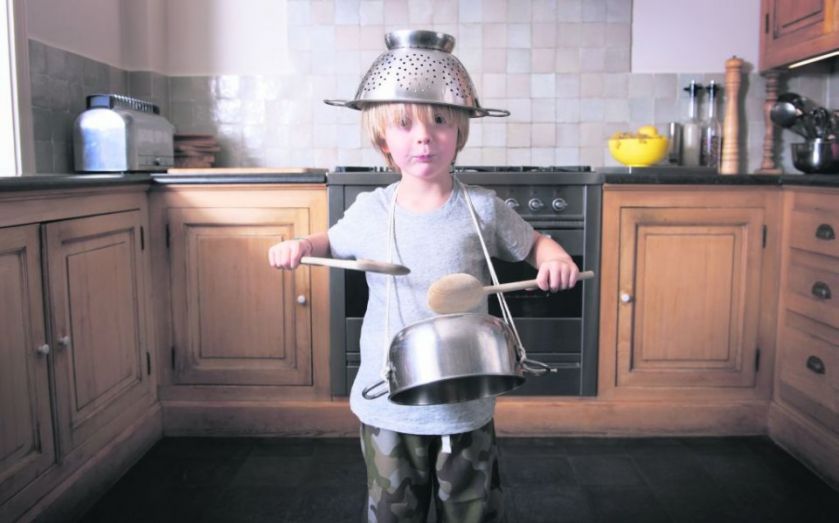Building a nest egg: The best ways to invest for your child

Don’t be afraid to take risks on your children’s behalf.
With the Institute for Fiscal Studies forecasting that, in 18 years’ time, fewer than half of us will be able to own a home, saving for your children may well feel more important than ever. Calculations from Nutmeg show that, in order to amass a portfolio worth £85,700 – enough to fund a comfortable house deposit – you need to save £247 per month for 18 years. That’s assuming an average 5 per cent annual return. Alternatively, you could invest a lump sum of £35,608 now, make no further contributions, and let compounding do its work.
TIMELY RISK
While it’s perfectly reasonable to invest lump sums for your child, it’s far easier, says Maike Currie of Fidelity Personal Investing, to use a monthly savings plan and contribute regularly. The popular Junior Isa (Jisa) allows you to build up a pot over 18 years (when your child can withdraw the funds), and shields, like its adult counterpart, its contents from income and capital gains tax. You can put in up to £4,000 in 2014-15. But do remember that these benefits are largely illusory while the beneficiary is a child, says Jason Hollands of Tilney Bestinvest, since income and gains are unlikely to exceed tax-free allowances outside the Jisa wrapper. “Nevertheless, should they continue to hold the investments into adult life, these tax benefits could have real value,” he adds.
If you’re looking for potentially greater returns, consider a stocks and shares Jisa. That three quarters of the 432,000 Jisas subscribed to in 2013-14 were in cash is, says Hollands, alarming. After all, as strange as it may sound, “your children may be able to afford to take more risk with their investments than you can,” says Currie – the longer the time horizon, the more risk you are usually able to take, putting children in an excellent position.
As with its cash counterpart, a stocks and shares Jisa is held in the name of the child, but set up by a parent – and anyone can contribute. In terms of funds to hold within it, Currie suggests that “a global equity fund will give you exposure to equities via a spread of economies, which can be useful as we do not know which economies will provide the best returns over time”. A good example is the BNY Mellon Long Term Global Equity Fund, she says.
SOMETHING DIFFERENT
But because a Jisa cannot be accessed until a child is 18 (except in the case of death or terminal illness), it may not be the ideal vehicle if you need the capital before that point.
Fidelity calculations suggest that education is the costliest part of raising a child from birth to 21, at an estimated £71,780 in total. A bare trust could be a good option for school fees planning, says Hargreaves Lansdown’s Danny Cox. The account is held in the child’s name, and they gain control of it at 18, but unlike the Jisa the trustees can elect to distribute prior to that point. There is no cap on the amount you can invest but, Hollands points out, bare trusts are subject to parental settlement rules (whereby the income is added to the parent’s tax bill if it is equal to or more than £100).
Alternatively, a designated account offers an even simpler option: investments are held with a designation (i.e. the child), with the account holder retaining complete control over when assets are distributed. Just remember, warns Hollands, that the account is liable for income and capital gains tax, and the assets remain part of an estate when an inheritance tax bill is calculated.
PENSIONS MILLIONAIRE
And if you’re able to put a bit more away for your child, and are happy thinking long term, you should consider a children’s pension. Tilney Bestinvest research has demonstrated that, if you pay £2,880 a year into a pension for your child, which will be topped up by the government paying in an extra £720 in tax relief, that’ll mean a pot of £64,800 by the time they reach 18. And as Hollands explains, if you assume an annualised growth rate of 5 per cent, even if you stopped contributing after 18 years, compounding could mean a pension worth an astonishing £1.05m by the time your child is 65.
But remember that, under current rules, the pot cannot be accessed until your child is 55, so you may want to combine it with a shorter-term option.